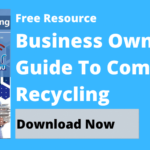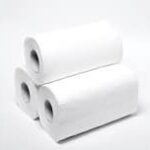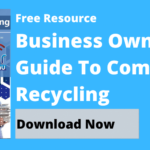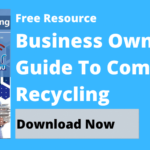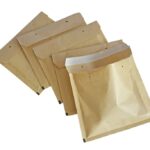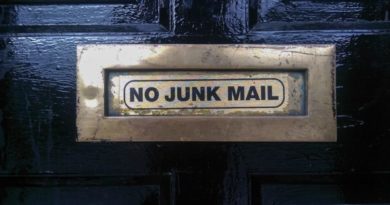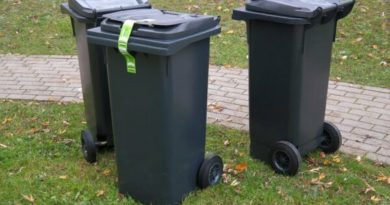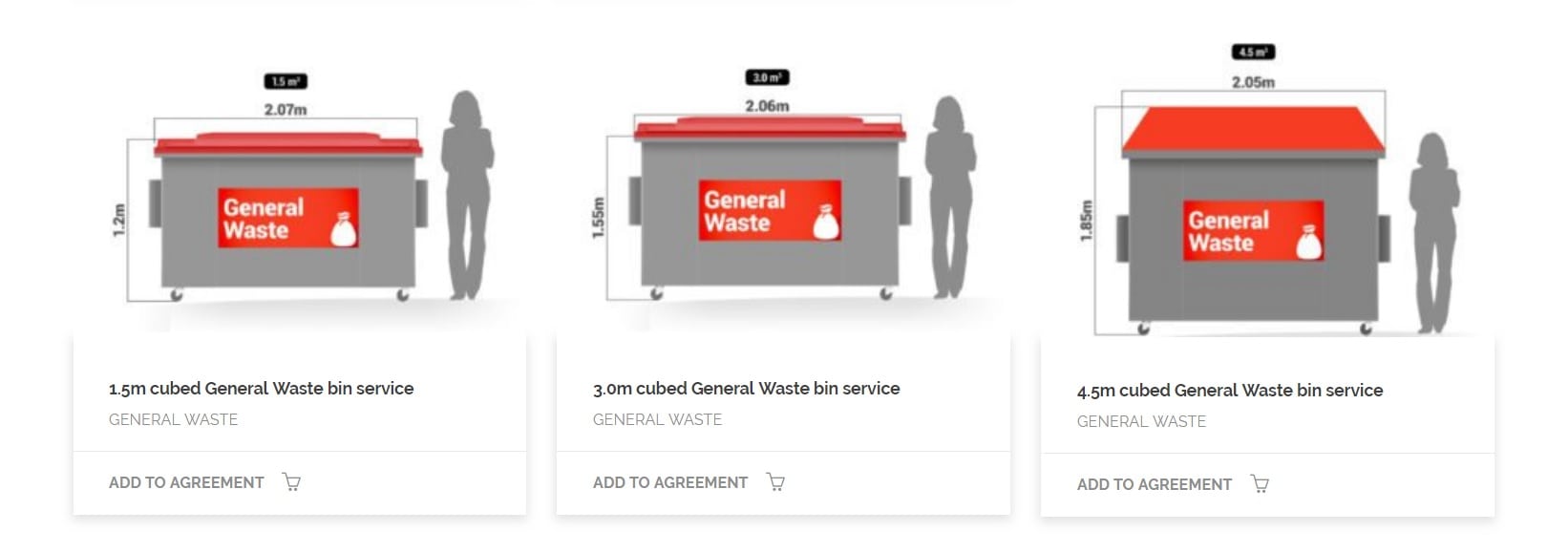Are Balloons Recyclable? And What You Should Do With Them 🎈
Energy Disrupter
Are Balloons Recyclable? 🎈: In this blog, we discover whether or not you can recycle balloons. In addition, we present you with viable options that you can consider when disposing of balloons. Continue reading our blog to learn more.
Honestly, I now see balloons as the true ‘life of the party’. Every celebration I go, I always see balloons hanging in the air or placed on the floor. Balloons, these rubber or plastic bags with different colours filled with air, always remind me of the good times I had with both my family and friends.
Aside from the fun and memories, however, lies a bit of an issue we often fail to talk about: what happens to the balloons after? As we may all know, every item or product in this world – no matter how big or small – has an environmental impact. After all the fun and games, balloons from a party would cause more harm than good.
As a result, we must find environmentally responsible ways on how to dispose of balloons. Of course, recycling always comes first to mind when we think of ‘environmentally responsible’. The question is, are balloons recyclable? Below, we cover this question and determine whether or not we can recycle these helium and air-filled rubber or plastic bags. Read on to learn more.
Waster provision: recycling solutions available for small and medium Aussie businesses
Before we take you further into the discussion and determine whether or not balloons are recyclable, whilst also presenting you with viable options to dispose of them, we want to share Waster with you.
Who is Waster? Why do plenty consider it as one of the best waste and recycling companies in Australia?
>Download Now: Free PDF Business Owners Guide To Commingled Recycling Bin Services
Simply put, Waster provides you with innovative solutions for your and your business’s waste management and recycling needs. In addition to that, we provide flexible, 30-day contracts instead of the typical lock-in contracts, which proves a better choice nowadays.
Click on the blue button below to learn more.
READ: Are There Any Carbon Fibre Recycling Methods Available Today? ♻️
Discovering whether or not balloons are recyclable
Balloons, as fun as they look like, pose a threat to the environment if improperly disposed of. Unfortunately, you do not have the option of recycling balloons in your kerbside bin. In other words, balloons are not recyclable. Why is this so?
Simply put, almost every local councils and/or recycling facilities out there – should you call and enquire – would decline collecting your balloons for recycling. There is really no benefit for recycling balloons and no significant markets currently exist that want to take in and make use of used balloons.
If you do find one, they would usually only recycle Mylar balloons (also known as foil balloons).
Your best option – bad for the environment, obviously – is to dispose of them in your general waste bin and send them to landfill. If you do not do so and just dispose of them wherever you please, harm awaits the environment.
If balloon are not recyclable, can you compost or biodegrade them instead?
Of course, we would look for other options if balloons are not recyclable, and biodegrading and composting are another strong possibility. Can we compost or biodegrade them?
Biodegrading: possible, but takes too long. There are two common types of balloons, latex and foil/Mylar balloons. Latex balloons take around 2 years to biodegrade whilst the foil balloons will take plenty of years before biodegrading.
Composting: a good option for latex balloons. You can safely put latex balloons in your compost bin or compost them yourself. To break them down quickly, cut or shred them beforehand. As for Mylar/foil balloons, you cannot put them in your compost bin or compost them yourself. Place them in your general waste bin.
Balloons’ harm to our environment
Do take note that a single balloon, no matter how small, poses a significant environmental impact and comes with a lot of hazards. Balloons not being recyclable does not give you the go signal to just throw or leave it wherever you please.
Balloons have properties that make them a threat to the environment; they are lightweight and can easily explode and/or deflate once set into the air. Afterwards, the balloon remains will inevitably land somewhere and will become a pest to the environment.
What are some of the environmental impacts of balloons? Below, we state some examples:
- Animals can consume them accidentally. Both land and sea animals might mistake balloons as food and eat them. Sooner or later after consumption, they will choke and die. Balloons can also block some animals’ digestive tracts, which renders them unable to eat – they will then eventually die from starvation. For example, plastic balloons in the sea can be consumed by dolphins, turtles and whales. They can choke and die depending on the amount and how large the balloon they ate is.
- Balloons consume a valuable element: helium. Although you can find plenty of helium in this unimaginably immense universe, you actually cannot find an abundant amount on Earth. You cannot replace the helium consumed when you fill a balloon, unfortunately. So, producing tonnes of balloons means consuming a valuable element used in welding, ventilators etc.
- They become litter in the streets. When a balloon finally lands after flying, it becomes litter in the street or area it lands. They contribute loads of waste to the environment. This becomes more alarming once learning that balloons are not recyclable, as we have limited ways to deal with them in an environmentally responsible way.
Contact Waster right now for your waste and recycling needs!
Does your Australian-based business need waste and recycling services? If so, then you have come to the right web page!
[embedded content]
Please call 1300 WASTER (1300 927 837). You can also email us at [email protected] if you have any further questions. Find the best deals in terms of waste and recycling pricing and services!






